Hugo Alvar Henrik Aalto (pronounced [ˈhuɡo ˈɑlʋɑr ˈhenrik ˈɑːlto]; 3 February 1898 – 11 May 1976) was a Finnish architect and designer.[1] His work includes architecture, furniture, textiles and glassware, as well as sculptures and paintings. He never regarded himself as an artist, seeing painting and sculpture as "branches of the tree whose trunk is architecture."[2] Aalto's early career ran in parallel with the rapid economic growth and industrialization of Finland during the first half of the 20th century. Many of his clients were industrialists, among them the Ahlström-Gullichsen family.[3] The span of his career, from the 1920s to the 1970s, is reflected in the styles of his work, ranging from Nordic Classicism of the early work, to a rational International Style Modernism during the 1930s to a more organic modernist style from the 1940s onwards.
Typical for his entire career is a concern for design as a Gesamtkunstwerk, a total work of art, in which he – together with his first wife Aino Aalto – would design the building, and give special treatment to the interior surfaces, furniture, lamps and glassware. His furniture designs are considered Scandinavian Modern, in the sense of a concern for materials, especially wood, and simplification but also technical experimentation, which led him to receiving patents for various manufacturing processes, such as bent wood.[4] As a designer he is celebrated as the inventor of bent plywood furniture.[5] The Alvar Aalto Museum, designed by Aalto himself, is located in what is regarded as his home city Jyväskylä.[6]

